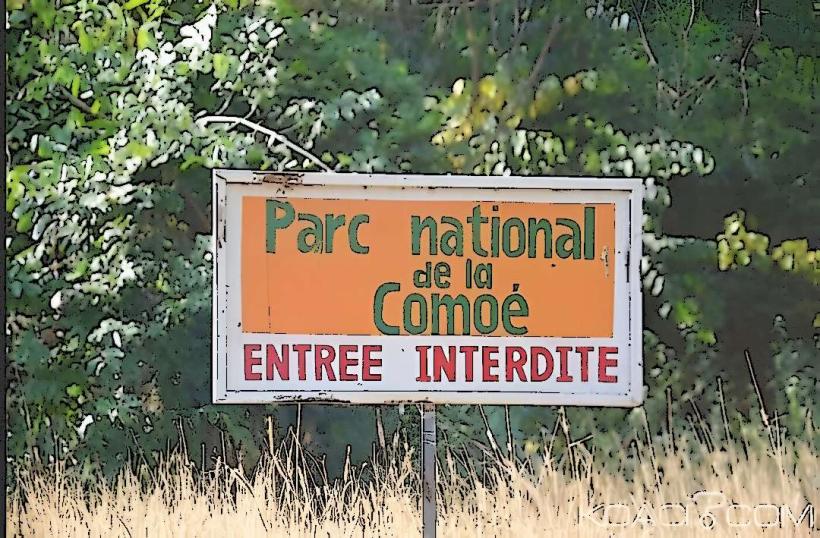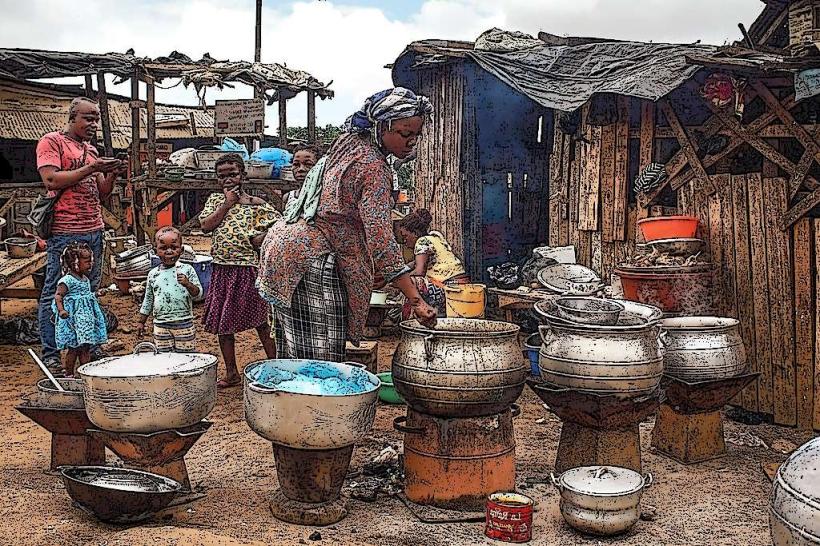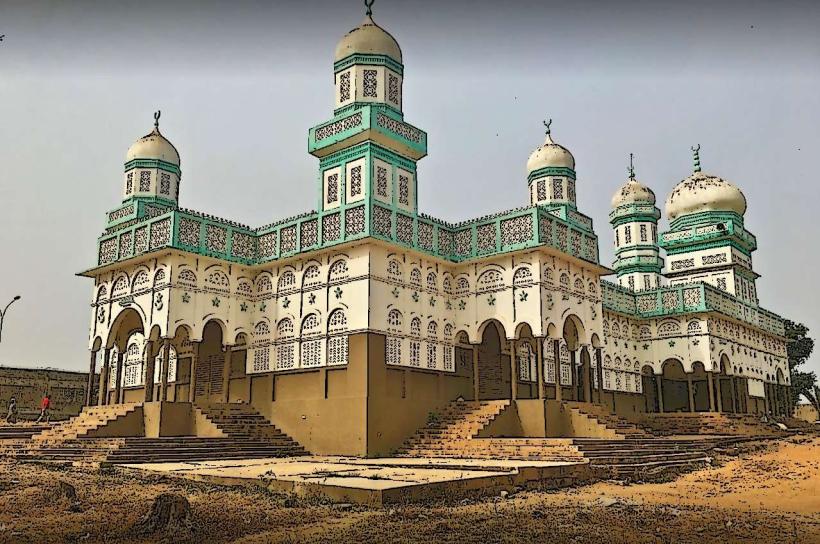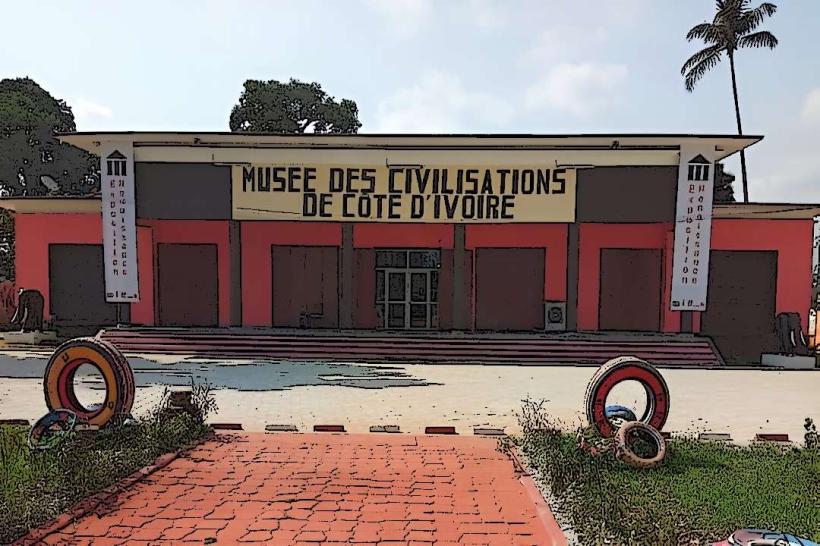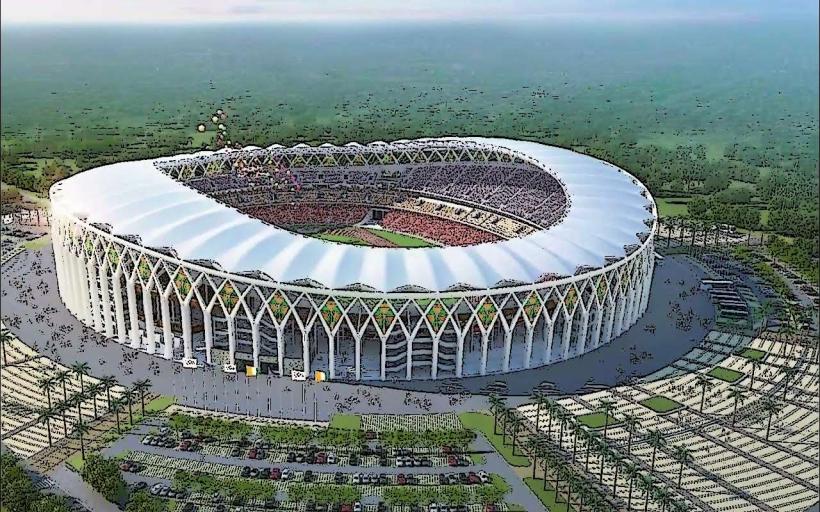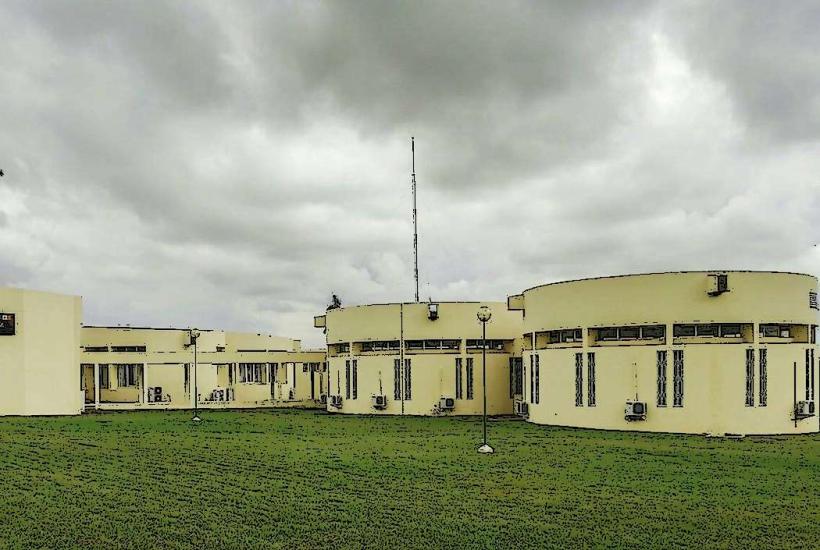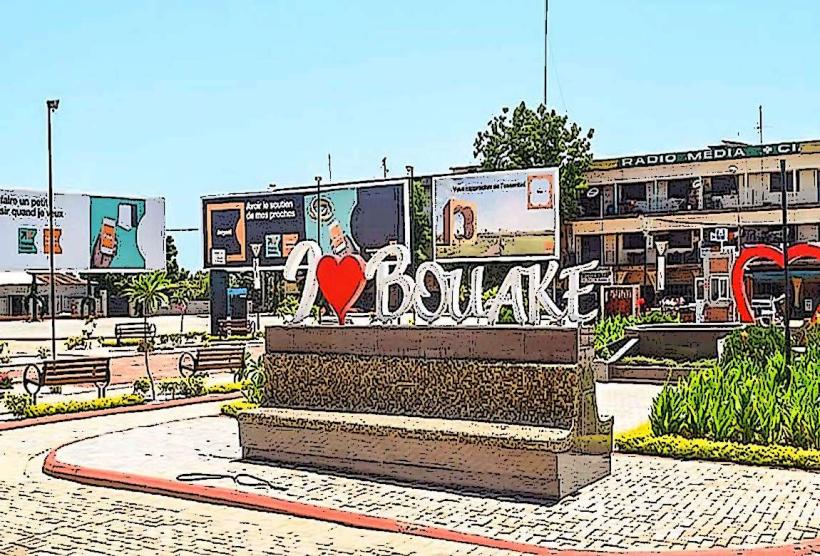Information
Landmark: Bouaké ZooCity: Bouake
Country: Cote d-Ivoire
Continent: Africa
Bouaké Zoo, Bouake, Cote d-Ivoire, Africa
The Bouaké Zoo was once one of Côte d’Ivoire’s prominent zoological parks, located in Bouaké, the country's second-largest city. Its historical and cultural significance was closely tied to the city’s growth and popularity as a regional hub, especially before the civil unrest that began in 2002. Below is a detailed account of its history, decline, and the current state of affairs, along with potential alternatives.
1. Origins and Importance
Establishment: The zoo was established in the 20th century, likely during the post-independence development period of the 1960s and 1970s, when Bouaké was an important administrative and commercial center.
Location: It was located in the Kennedy district, accessible and well-integrated within the city.
Attractions: The Bouaké Zoo was known for hosting a range of animal species native to West Africa, such as:
Lions
Chimpanzees
Pygmy hippopotamuses
Antelopes and gazelles
Crocodiles and snakes
Monkeys and parrots
It was an educational and recreational resource for school groups, tourists, and locals, serving as one of the few public zoological facilities in central Côte d’Ivoire.
2. Cultural Impact and Symbolism
One of the zoo’s most famous residents was a chimpanzee nicknamed “Mickey”, which became a city legend due to its peculiar behavior-particularly the habit of mimicking humans by smoking cigarettes, which both amused and alarmed visitors.
The zoo held symbolic value for the city, representing a time when Bouaké was a thriving, peaceful urban center with public amenities and cultural attractions comparable to Abidjan.
3. Decline Due to Conflict (2002–2011)
2002 Crisis: During the outbreak of civil war in Côte d’Ivoire, Bouaké became the rebel stronghold and suffered from political instability, military presence, and economic collapse.
The zoo was abandoned during this time. There was:
No maintenance
No food supply for animals
No veterinary services
As a result:
Many animals died of starvation
Others were transferred to Abidjan Zoo for survival
Some were freed or poached due to the lack of security
By 2011, the zoo was completely non-functional, with rusting cages, overgrown vegetation, and decaying infrastructure.
4. Current State
Physically abandoned: The Bouaké Zoo today is a ruin-iron fences are rusted, buildings are partially collapsed, and the pathways are overtaken by weeds and brush.
No animals remain: There are no longer any captive animals, and the site has not been maintained for tourism or conservation.
Neglect: The area now serves occasionally as an unofficial meeting point or for informal activities but is not recognized as a functioning facility.
5. Public Reaction and Proposals
Citizens and local media have repeatedly called for the zoo’s restoration, citing its historical and educational value.
Articles and campaigns have highlighted the nostalgia many residents feel toward the zoo and the need to rehabilitate urban spaces for youth and tourism.
However, no government funding or national project has yet materialized to revive the site.
6. Alternative: N’Zi River Lodge and Wildlife Reserve
Located about 40 kilometers northeast of Bouaké, the N’Zi River Lodge is a private wildlife reserve that offers a rich alternative to the defunct zoo:
Size: 8,000 hectares of protected land
Wildlife: Warthogs, antelopes, buffaloes, bushbuck, monkeys, and occasionally elephants
Activities:
Guided 4x4 safaris
Walking safaris
Birdwatching
Lodge stays with eco-tourism packages
Focus: Conservation, sustainable tourism, and local development
Popularity: Increasing among tourists, expats, and Ivorian city dwellers looking for natural retreats
7. Conclusion
The Bouaké Zoo, once a cornerstone of central Ivorian urban life, has become a relic of the city’s former prosperity, brought down by war and neglect. Its story is emblematic of the broader disruptions caused by Côte d’Ivoire’s political crises. While there are no short-term plans to restore it, there remains public hope for its rehabilitation.
In the meantime, the N’Zi River Lodge stands as a living example of successful conservation tourism and provides a modern, ecologically responsible experience for wildlife enthusiasts near Bouaké.

